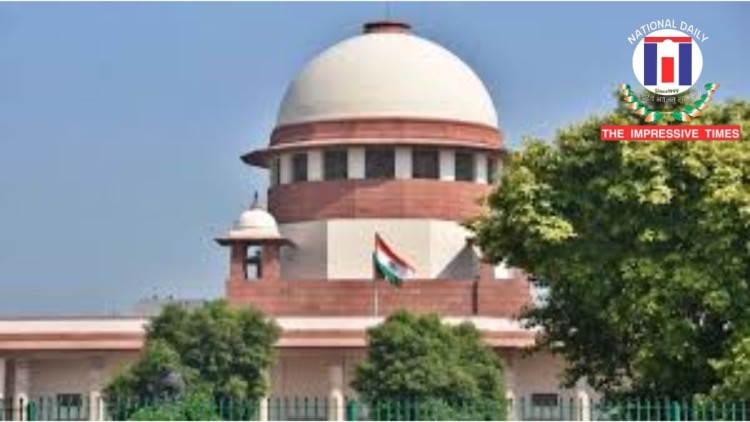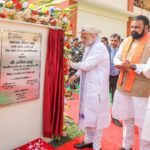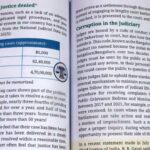New Delhi July 25 2024 : In a significant ruling on July 25, the Supreme Court of India declared that royalty on minerals does not constitute a tax, overturning a 1989 decision by a seven-judge Constitution bench. The nine-judge bench, led by Chief Justice of India DY Chandrachud, ruled by an 8:1 majority that states have the authority to levy taxes on mineral-bearing land.
The Court clarified that royalties paid by mining companies to the central government are not taxes but contractual payments. Chief Justice Chandrachud, writing the judgment for himself and seven other judges, stated that “royalty is not within the nature of tax as it is a contractual consideration paid by the lessee under the mining lease. Both royalty and dead rent do not fulfill the characteristics of tax.” Justice BV Nagarathna delivered a dissenting judgment.
The key issues examined by the Court included whether royalties on mining leases should be considered a tax and whether states can levy royalty or tax on mineral rights following the enactment of the Mines and Minerals (Development and Regulation) Act, 1957.
This legal debate dates back to 1989, stemming from a dispute between the Tamil Nadu government and India Cements. The company, having secured a mining lease from the state and paying royalty, faced an additional cess imposed by the state.
The central government had argued that only Parliament has the authority to impose taxes on minerals. In March, Chief Justice Chandrachud questioned Solicitor General Tushar Mehta, representing the central government, on whether this argument affects the distribution of power between the center and the states as outlined in the Constitution.
The bench included Justices Hrishikesh Roy, Abhay Oka, JB Pardiwala, Manoj Misra, Ujjal Bhuyan, SC Sharma, and AG Masih. The decision reaffirms the states’ power to manage and levy taxes on mineral resources within their territories, marking a pivotal moment in the interpretation of mineral rights and taxation laws in India.



















No Comments: